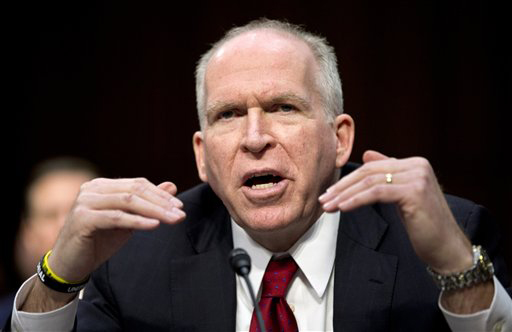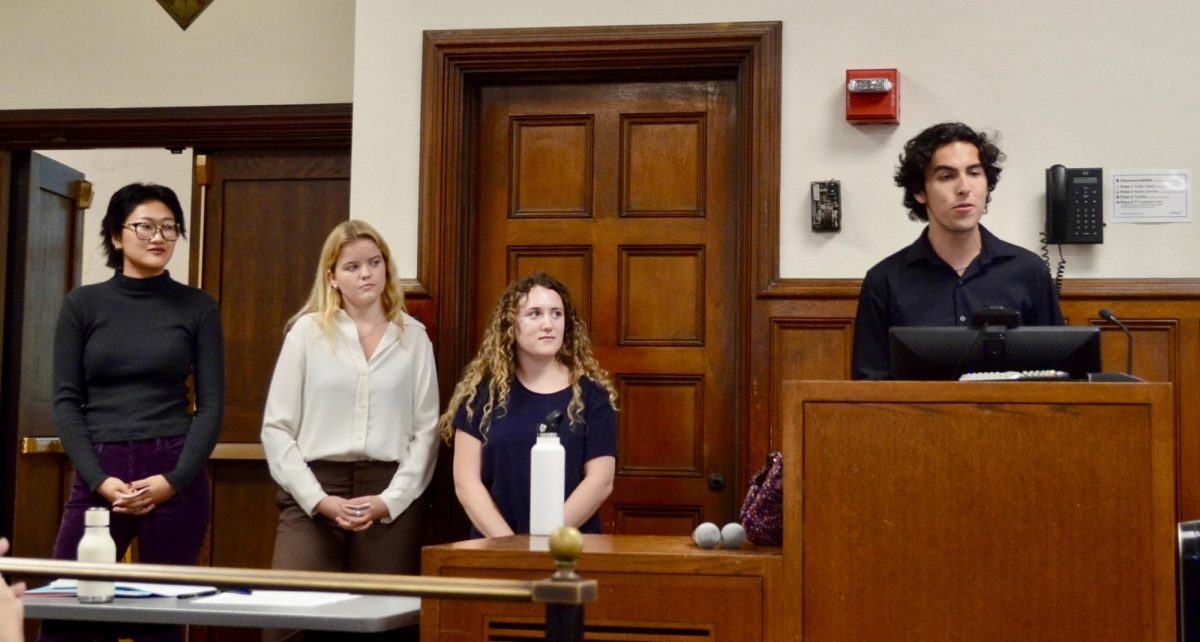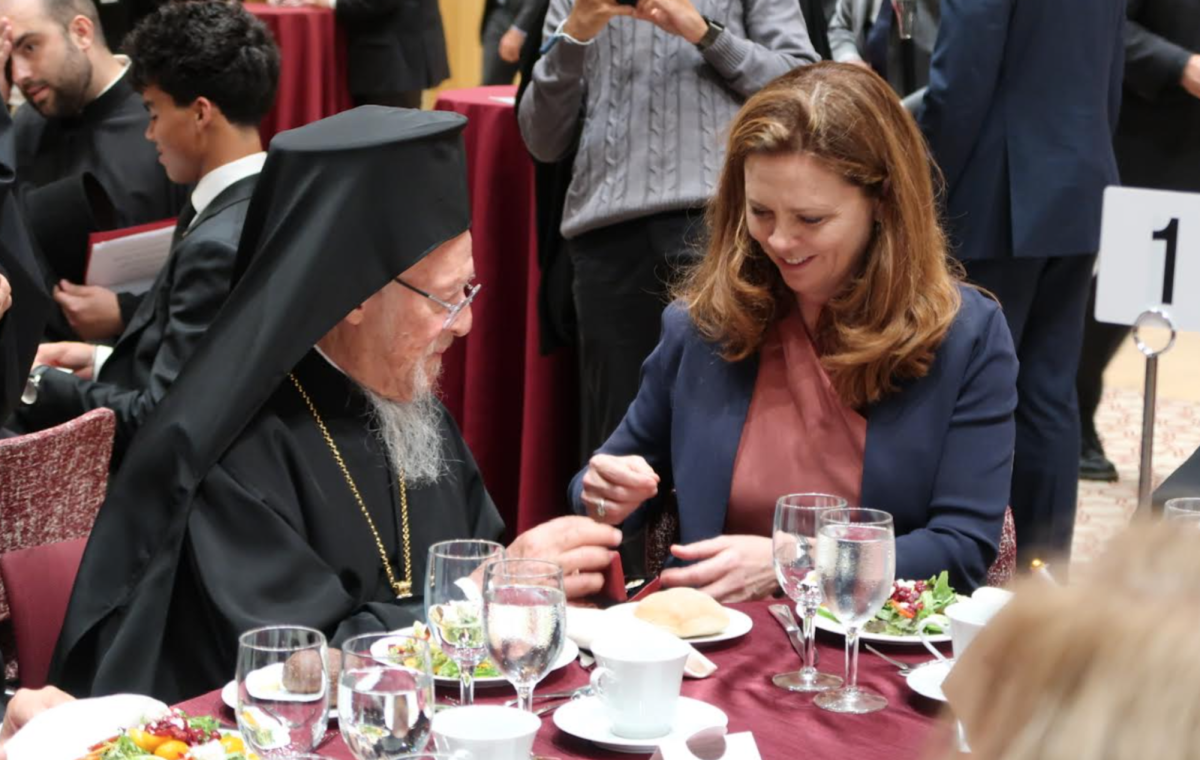By Yasmin Merchant

When Fordham University rescinded Bill Cosby’s honorary degree, the decision was trending on major news outlets from TIME to TMZ. The university’s statement acknowledged this had never been done in the history of the university and that to do so, “a recipient’s actions would have to be both unambiguously dishonorable and have a deep impact.” a The news was especially surprising for the members of Fordham Faculty Against Torture (FFAT). The group has been petitioning the Board of Trustees to revoke CIA Director John Brennan’s, FCRH ’77, honorary degree due to his connection to the torture tactics outlined in the Senate Intelligence Committee report. Even though they delivered a petition to Rev. Joseph M. McShane, S.J., president of the university, bearing the signature of 722 members of the Fordham community, their request was shot down.
Both men have publicly admitted to their actions, with Brennan defending the torture program several times. Neither Cosby nor Brennan have been formally indicted for the crimes of which they have been accused, so why did the university choose to revoke Cosby’s degree while keeping Brennan’s? The nature of Cosby’s crimes was described in the statement as “premeditated and ongoing. Equally appalling is his longtime strategy of denigrating the reputations of women who accused him of such actions.” Cosby’s sexual exploitation of women is certainly against Fordham’s Jesuit principles. As many members of the community argue, so is torture.
Furthermore, in an older statement Senior Director of Communications Bob Howe said, “as a public servant, Mr. Brennan answers to elected officials, including the president of the United States, who are the originators of such policies and who are legally responsible for their creation and implementation.” Brennan was acting under orders, whereas Cosby was acting as an individual; this distinction may be what makes the differences for the board of trustees.
FFAT does not oppose the university’s decision to revoke Cosby’s degree. In fact, they applaud it. “President McShane and the board of Trustees have acted responsibly and conscientiously in deciding to rescind the honorary degree awarded to Bill Cosby, in the light of what we now know, ” the group said in a statement.
However, they are questioning why the same moral logic is not being applied to Brennan and a situation that significantly impacted international politics. “We must ask, therefore, how Fordham can be so attentive to the actions of Bill Cosby while ignoring the actions and words of John Brennan, especially in the light of what we now know of his support for torture in the aftermath of the Senate Report on Torture,” the statement reads.
The group is also questioning why the decision was made without consulting the Fordham community at all. “In contrast, the petition to revoke John Brennan’s honorary degree emerged from the Fordham community itself, was vigorously debated by proponents and opponents alike, and had the support of more than 700 faculty, students, staff, and alumni, only to be rejected on the flimsiest grounds. If the decision to revoke the Cosby degree can be said to represent the university, how much more compelling is the strong evidence of community support in the matter of John Brennan?”
The statement goes on to thank all the Fordham staudents, faculty and alumni that supported the petition. Though it was not able to convince the board of trustees, the group will remain committed to fighting “for human rights and justice and to guarantee that the labors of so many will result in a permanent resource for the Fordham community.”








































































































































































































